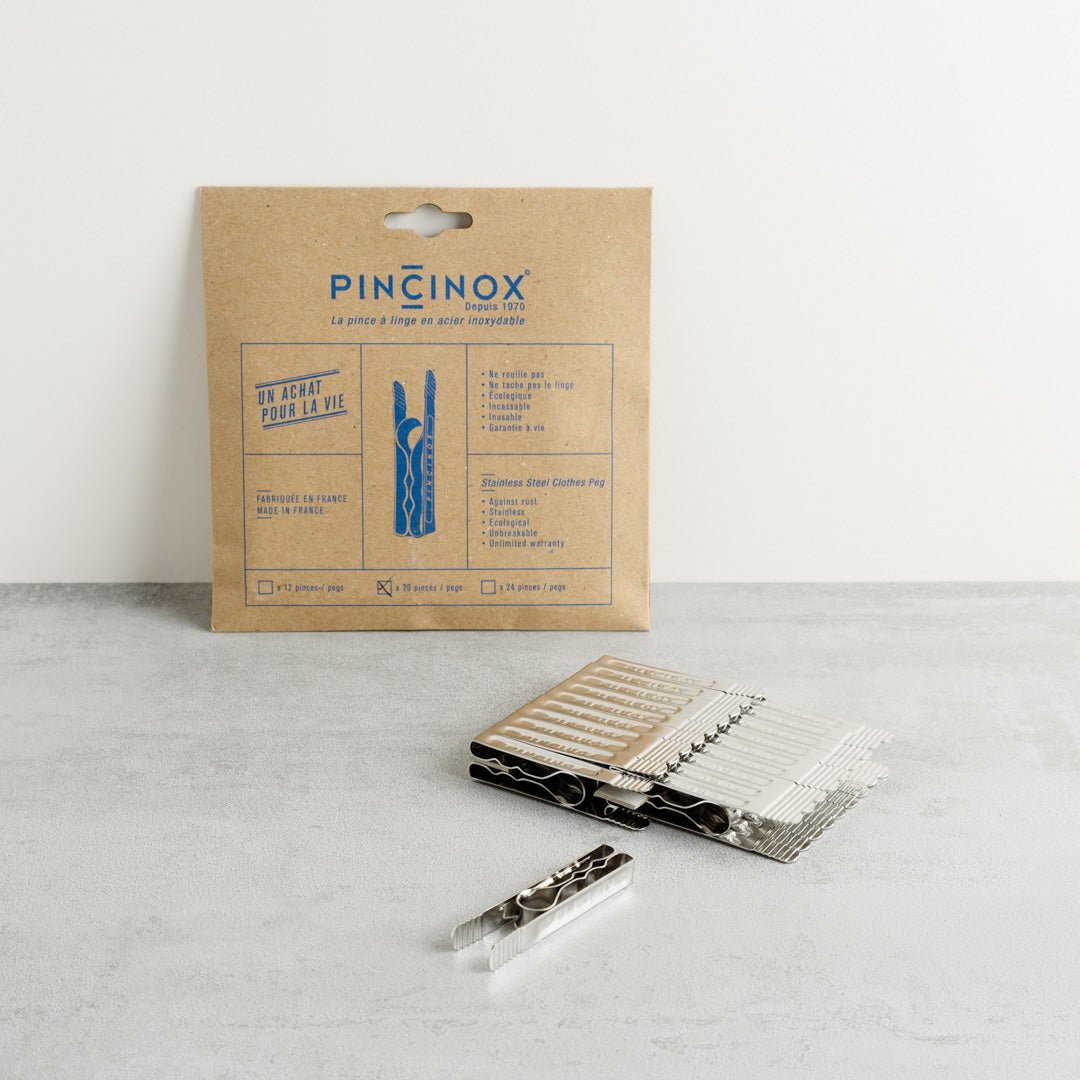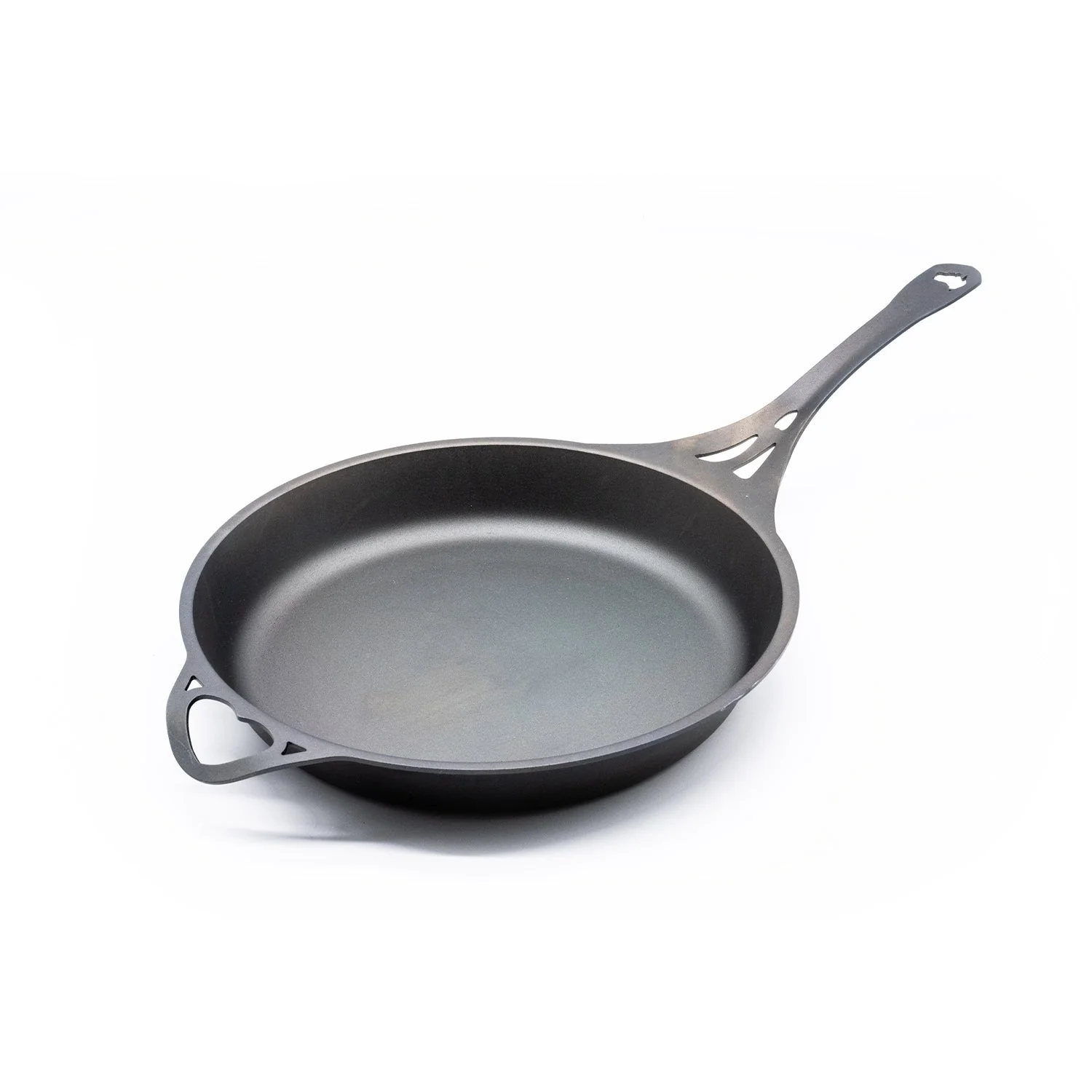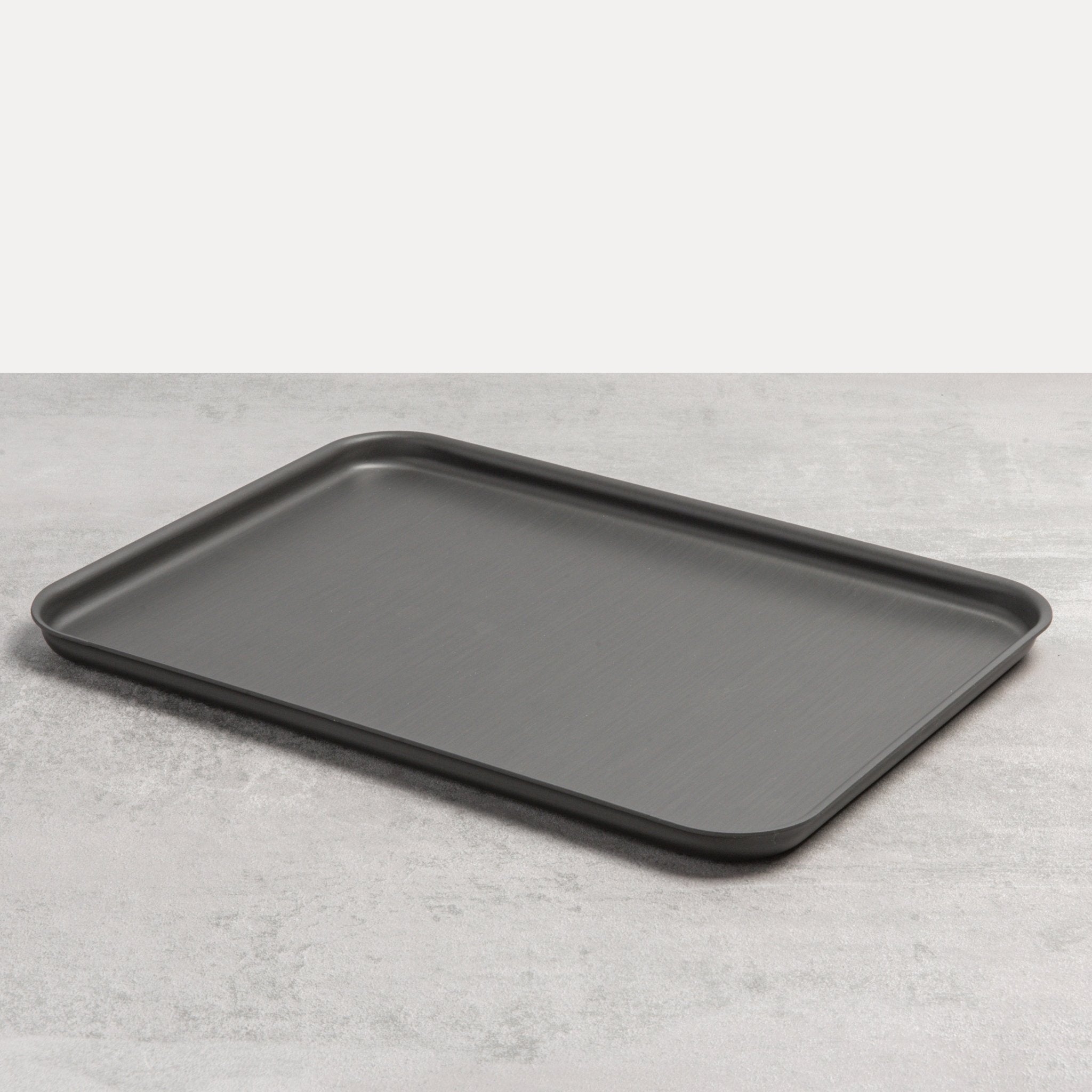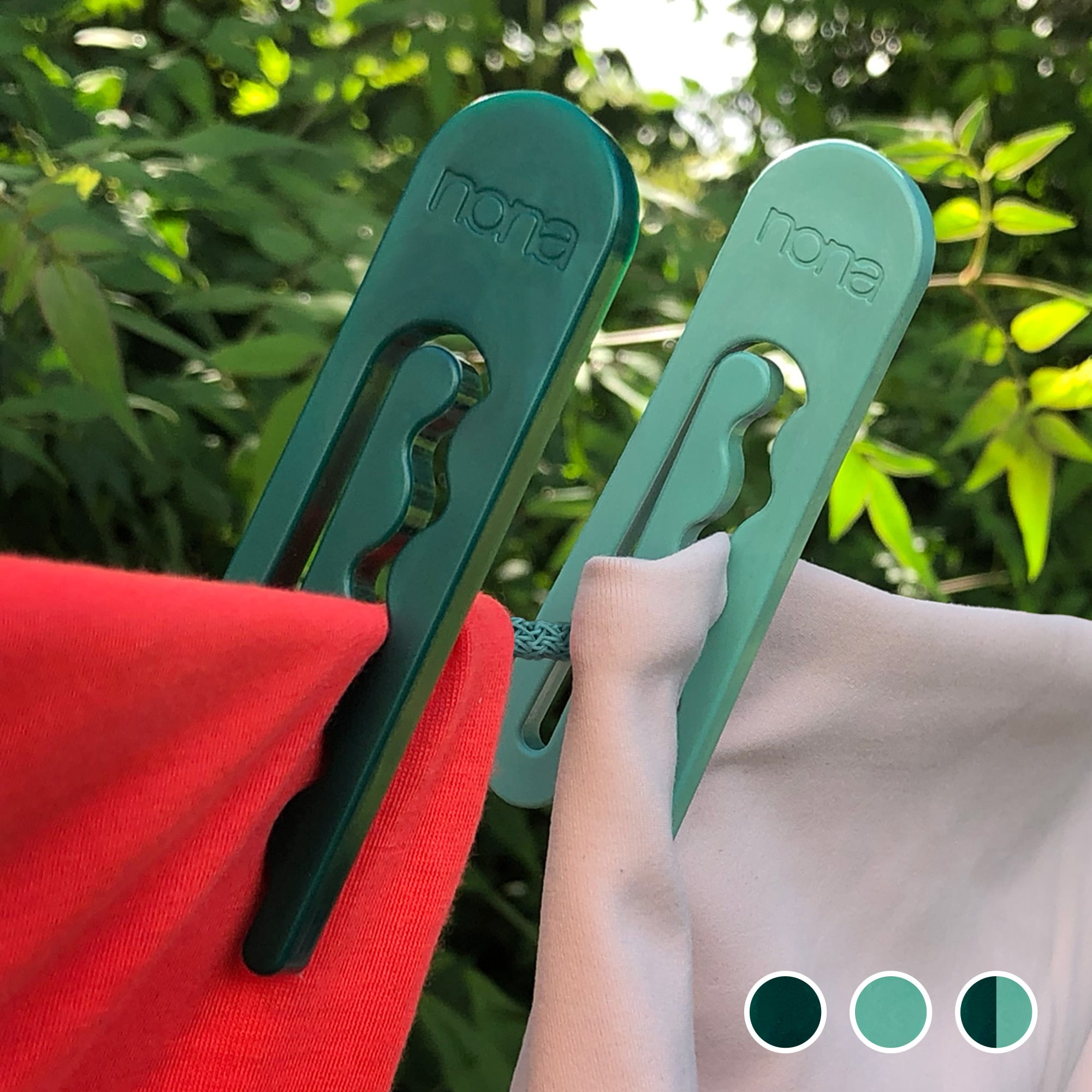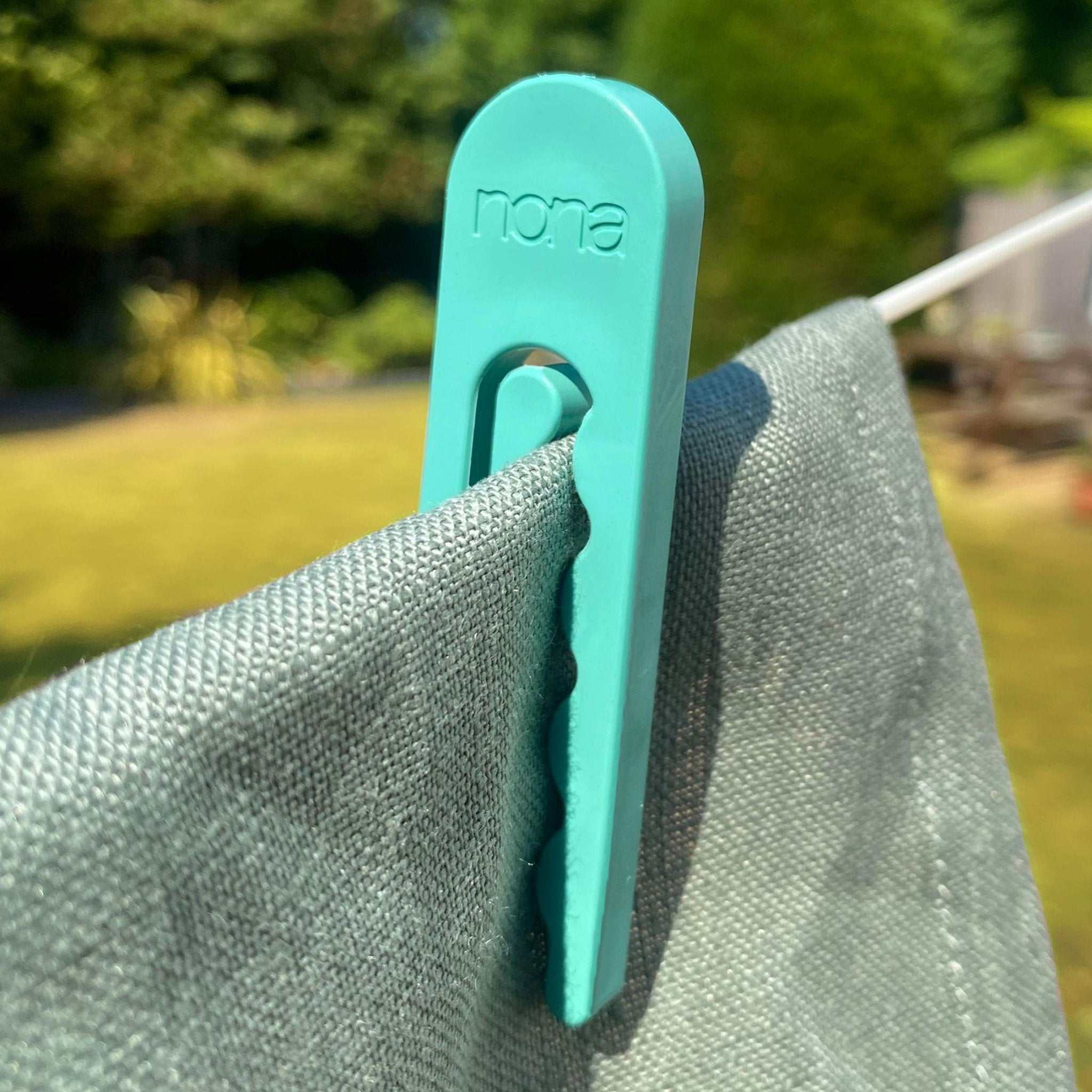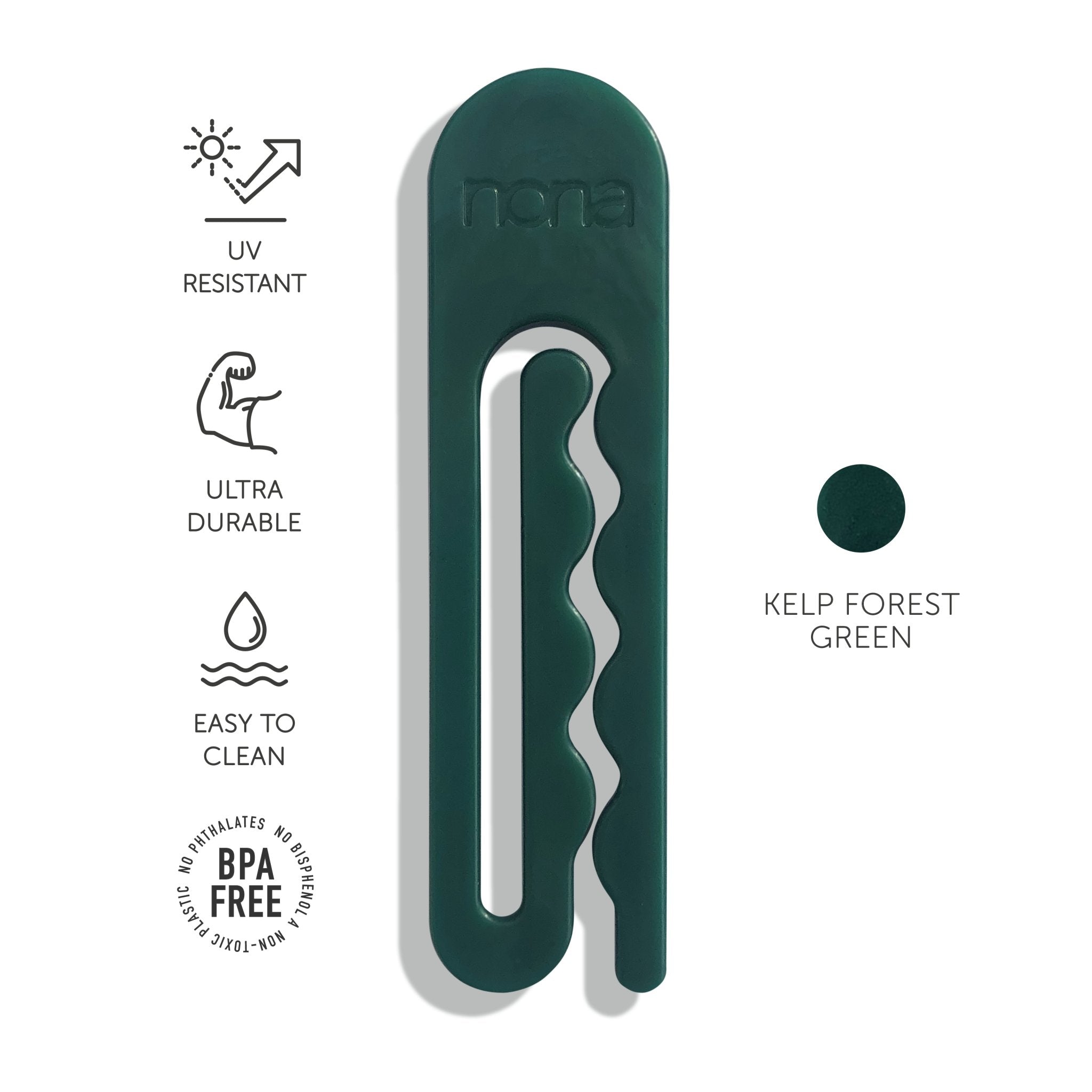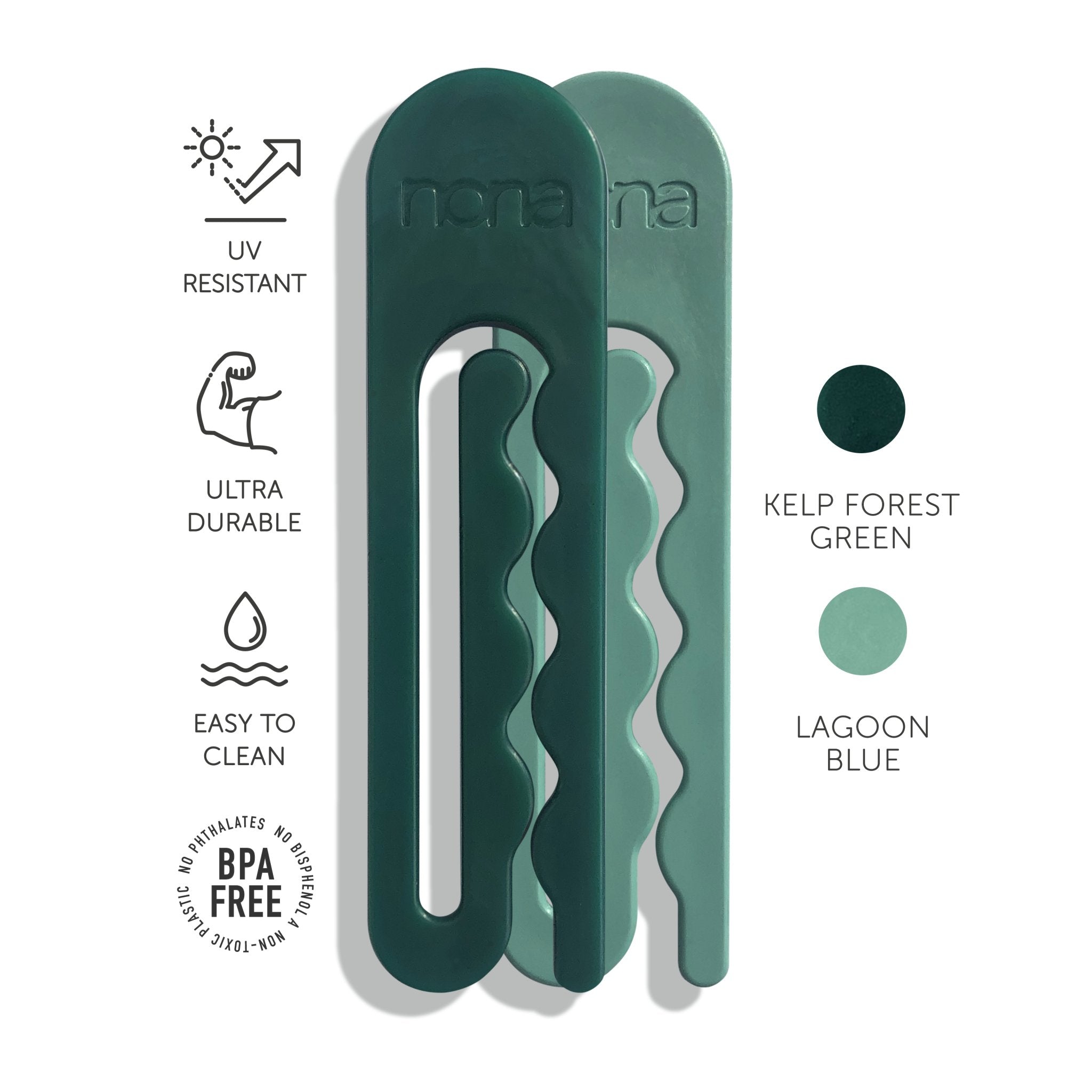For almost a century, companies have been designing products to fail, so they can sell the same thing to you again next year. It’s called planned obsolescence. In August 2015, France became the first country in the world to define and outlaw the practice. The law read: “Planned obsolescence means the techniques by which a manufacturer aims to deliberately reduce the life of a product to increase its replacement rate. It is punishable by two years' imprisonment and a fine of €300,000.”
This year, French non-profit HOP (Halte à L’Obsolescence Programmée) has brought legal suits against tech giant Apple and printing behemoth Epson for breaking the planned obsolescence law. The European Union is on track for similar legislation, with a French-authored resolution that denounced the practice overwhelmingly passing in the European Parliament. Forging into opening space are new, industry challenging companies. Chief among those is washing machine start-up L’Increvable, who are looking to shake up the market with a machine built to be easily fixable, with a 50-year guarantee.
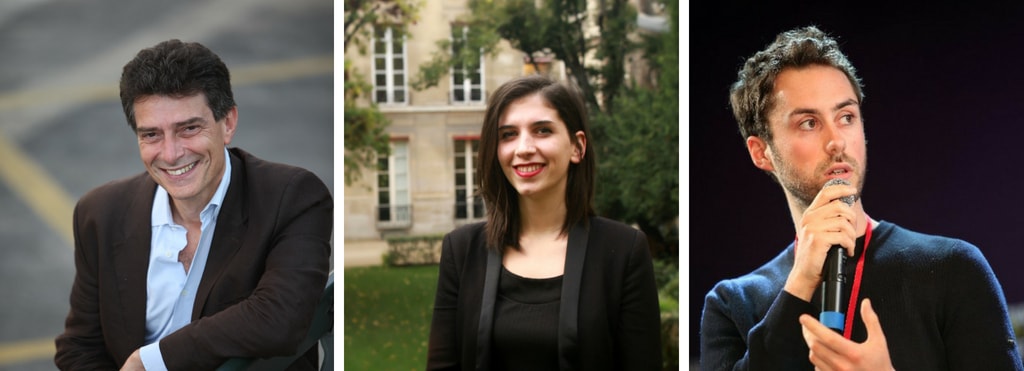
From Left: Pascal Durand MEP, Adèle Chasson of HOP, and Christopher Santerre of L'Increvable.
To get the full story and find out what’s going to happen next, we spoke to the people fighting planned obsolescence on the front line. Pascal Durand is a French MEP, vice-chair of the Greens in Europe, and author of the June 2017 European resolution against planned obsolescence. Adèle Chasson is Project Manager at the groundbreaking HOP. Christopher Santerre is Co-Founder at L’Increvable.
They talk us through what made France the driving force against planned obsolescence, and what the future holds.
Christopher Santerre: Nine years ago, almost no one had heard about planned obsolescence. It sounded like a barbaric technical term. But it’s huge! In 2016 we generated more than 44 millions of tons of e-waste. This is the equivalent of 4,500 Eiffel Towers and it is predicted to rise for years to come. Most of this e-waste is burned or buried which causes long-term pollution of soil, air and water. We fundamentally need to change the way we design, produce and consume these products. Changing the production is the hardest part because it takes time and costs a lot of money. L’Increvable itself was created as a response to the planned obsolescence drift.
Pascal Durand: Every day in Europe, 43 kg of resources is consumed, per inhabitant. That is 30% more than 50 years ago! We have become a disposable society. This has dramatic environmental consequences, not only in terms of resource depletion and the problem of waste generated, but also in terms of greenhouse gas emissions to bring these low-cost products to the other side of the world. There are social consequences too – consumers are forced to buy more products more often, especially low-income households.
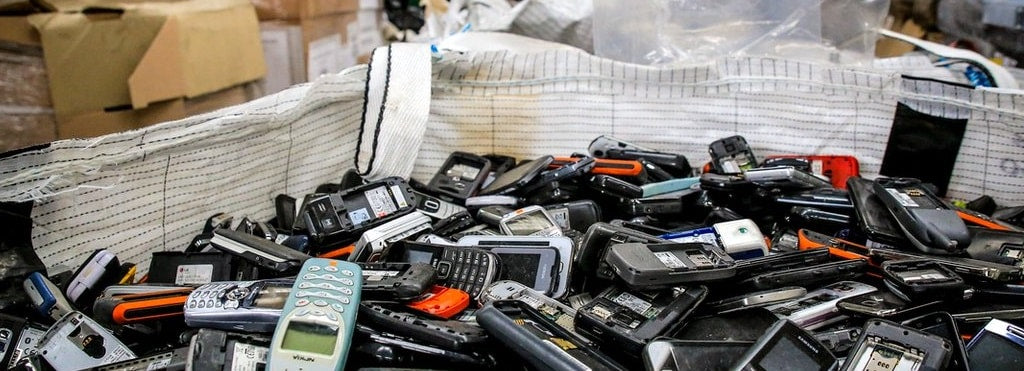
Santerre: Change is always possible. In 2012 a study made by L’ObSoCo revealed that 52% of French people were willing to reduce their consumption, and 44% of that group associated the idea with buying longer lasting products. Groupe SEB, the French world leading company in small household appliances, clearly takes a position toward more durable and repairable products. Then there are companies like us. So it appears that France might now be on the cutting edge for built-to-last products.
Durand: French citizens do seem to be quite interested in planned obsolescence, and the different campaigns launched have easily had the expected impact on the public.
Adèle Chasson: There is a real expectation from customers that products should last longer and be more repairable. That expectation has existed for a long time. For sure it’s a big issue in France, but I believe people care about it just as much around the world.
Some members of the French Senate had been trying to make planned obsolescence illegal since 2013, but the Government didn't want it in the law. When it was passed, it was as a part of a much more general law on the energy transition on 17 August 2015.
Before the bill was passed, the Government’s opposition to the planned obsolescence law melted away. The opposition thought it would be so hard to prove a law violation, that it was of little concern. To successfully mount a planned obsolescence case, a new and dedicated organisation would need to come together. That’s exactly what happened.
Chasson: When that law passed in 2015, that was really the start of it for us, the catalyst. It provided us with an opportunity to mobilize citizens. Laetitia Vasseur created HOP, and the team started to work to gather information. That’s a big part of what we do, accumulating testimonies from customers. There were some common things people would write in about: washing machines, printers, phones. We ended up with hundreds of testimonies about Epson printers, and thousands of Apple iPhone complaints. We see what is reported most and investigate the products ourselves first, to see if there is enough to prove it.
Santerre: After that law passed, mentalities changed. Now, planned obsolescence was in everyone's head. It was a strong signal - but the next step is to take action by applying the law.
Chasson: In the first three years after the law passed, the law wasn’t tested. During that time, not only were we gathering evidence but lobbying the French government and spreading the word. Between the conferences we held, and signatures of our manifesto, we raised awareness for at least 30,000 people.
At the end of 2017, we were ready to submit our cases to the courts. We filed against Epson in September 2017, and the case officially opened on December 28th 2017. We then filed against Apple for iPhone planned obsolescence, and that case opened in January this year. It’s now with the DGCCRF - the “consumer police”, a part of the Ministry of Economy with the power of investigation.
Santerre: We expect a lot from the investigation against Apple. The outcome of this will be so important for the years ahead.

While progress was made within France itself, French members of the EU had also been pushing for change at European level. The colleges of the EESC (European Economic and Social Committee) unanimously agreed in September 2013 that tackling planned obsolescence had to become a focus. Momentum was building.
Durand: The European Union had never before taken up the problem of the lifetime of objects. However, the opinion adopted by the EESC stressed the need to focus on the subject of premature obsolescence of products in our economic models. That is why I proposed a study on the benefits for both companies and consumers of extending the shelf life of products.
The report proposed solutions to encourage manufacturers to design products that consumers can use for longer, repair, reuse, share. It also tends to act on consumer choices by providing them with information.
The approach was different from the French law, which qualified planned obsolescence as a crime punishable by a fine of €300,000. I chose in my report to address all aspects of obsolescence and to especially encourage industry, but also consumers and public authorities, to change production methods and of consumption.
The study that Durand led became a wide-ranging resolution, put to the European Parliament in July 2017. Its success would not mean new binding laws, but would send a strong message to the European Commission and beyond. It passed by 662 votes to 32.
What does the future hold?
Durand: Nobody claims to solve all problems with a magic wand. The European Commission has not yet positioned itself strictly on this. But the resolution has called on the Commission to take up the issue of the shelf life of products, and to propose legislation setting out the action that Parliament has suggested. When that legislative text comes, it will need to be cross-cutting, to not content itself with a single aspect of the problem and to respond to the legitimate expectations of citizens over the lifetime of products.
We want consumer panels to work together with manufacturers and determine the criteria for estimating product lifetimes. This would make it possible to establish a common definition, and build a law around it.
As legislators, we can only propose and stimulate changes, we cannot replace manufacturers. But it is now obvious that there is a consensus to tackle product durability, and that it is not a fad of ecologists.

Santerre: L’Increvable has already come a long way. In 2014 it was just a project for Julien Phedyaeff’s (Co-founder) industrial design diploma. Now we’re about to release the functional prototype, with a crowdfunding campaign coming this year. It will be the world’s first washing machine entirely designed to be easy repaired and upgraded.
While we wait and hope HOP is successful, there are things everyone can do. Firstly you can support whistle-blowers and alternatives, activists and NGOs, as well as companies and entrepreneurs who propose other ways to design, produce and consume household appliances and electronic devices.
But everyone can make a simple change right away by refusing to buy electronic gadgets so often - do we really need a tablet, or to change smartphone every year? First refuse, then reduce, then opt for second-hand products and finally repair as much as we can. If we all start to do that, we would make decisive change.
Chasson: For the Apple and Epson cases, we’re still in the pre-trial phase, while the DGCCRF investigates the evidence that we presented. Hopefully, we’ll know if the cases will make it to court by the end of this year. But HOP is still working on other products. We’re investigating tights, and the report will come out soon. We’re finding out what makes them more or less durable, and what techniques can be used to extend their life. We will also be looking into washing machines. Before we bring any new cases, we want to be sure we have all the proof we need. You can submit testimonials to us on our website.
The EU is now looking to bring in a flat two-year product guarantee. We’re happy that the French government is now lobbying Europe to make this two-year guarantee a compulsory minimum.
We’re hoping that it’s just the beginning. If planned obsolescence is prohibited but never applied, there’s no point having a law. We need good jurisprudence to prevail. France is the first to adopt legal measures against planned obsolescence, but we’re hoping it’s the first country of many. There is a real opportunity for France to lead the way.

You can sign HOP's Manifesto here. Subscribe to receive updates from L'Increvable here. To support the fight against planned obsolescence where you are, consider writing to your elected representative.








